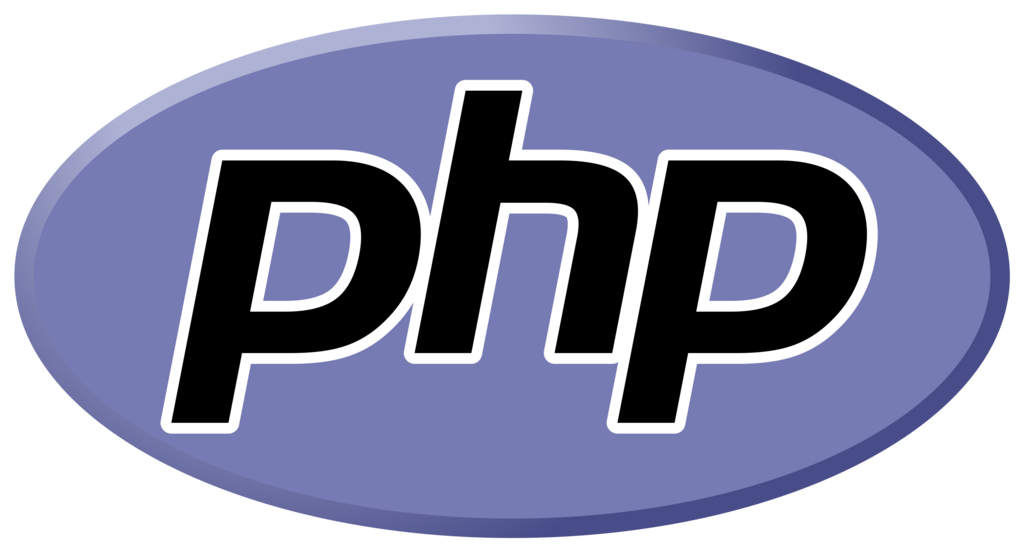Doctrine
Related Technologies
Doctrine ORM is a powerful object-relational mapper for PHP that simplifies the process of working with data in your applications. It allows you to map objects to database records, making it easy to store and retrieve data in a way that is both efficient and scalable. One of the key advantages of Doctrine ORM is that it promotes database independence, allowing you to switch between different database engines without having to modify your code. It also supports a wide range of database features, including transactions, locking, and query caching, making it a versatile and reliable choice for data management.
Doctrine is the most robust object-relational-mapping library for PHP. It is battle-tested and widely used, by small and large-scale applications. Instead of directly writing SQL queries, Doctrine provides its own DSL: the Doctrine Query Language that makes it easy to work with relationships between the mapped entities.
While we most often think of the Doctrine ORM when we talk about Doctrine, the project actually provides a whole set of useful libraries that built on each other. The Doctrine DBAL is the abstraction layer that supports a wide range of databases, such as MySQL, SQLite, MariaDB, Microsoft SQL Server, PostgresQL and Oracle. It uses PDO under the hood and prevents most SQL injections automatically.
Doctrine also has a very popular caching library, Doctrine Migrations provide support for safe database migrations and rollbacks. Other important libraries is Reflection and the annotation parsing library, that eventually helped to get Attributes as a full-fledged language feature in PHP8. Together, Doctrine libraries have more than 1bn downloads and hundreds of active developers. Most PHP developers use either Doctrine or Eloquent, the pendant from the Laravel ecosystem. In direct comparison, Doctrine allows for a more decoupled and cleaner structure of a PHP application, while Eloquent allows faster development in the beginning.
At Dekkode, we have used Doctrine ORM in a variety of projects and have consistently been impressed by its performance and ease of use. Whether you are working with a small database or managing a large and complex data set, Doctrine ORM is an excellent choice.
- Promotes database independence: Doctrine ORM allows you to switch between different database engines without having to modify your code.
- Supports a wide range of database features: Doctrine ORM supports transactions, locking, and query caching, making it a versatile and reliable choice for data management.
- Learning curve: While Doctrine ORM is relatively easy to use, it can still have a learning curve for developers who are new to object-relational mapping or unfamiliar with the tool.
- Performance optimization can get way more difficult
